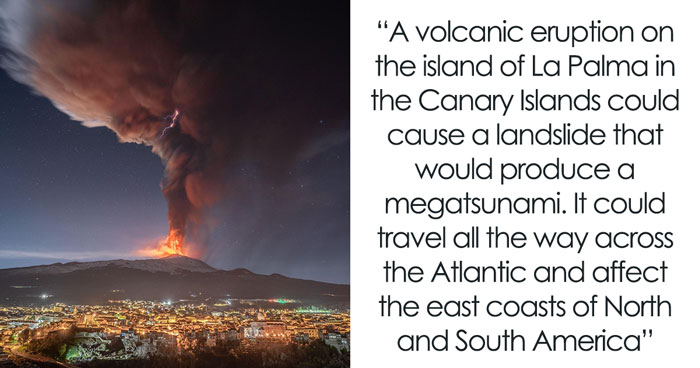Not all facts seem intuitive. Some take people by surprise or feel strange even after knowing them for a while. The reasons for this may vary from limited knowledge of the area, something having very different features from other things of a similar kind, to our senses perceiving something in such a way that it is tempting to the mind to draw some false conclusions, as is the case with various optical illusions, such as one line looking shorter than the other when that isn’t the case. People are sharing these kinds of facts, answering one Redditor’s question: “What’s something that sounds completely illogical but is actually correct?”
More info: Reddit
This post may include affiliate links.
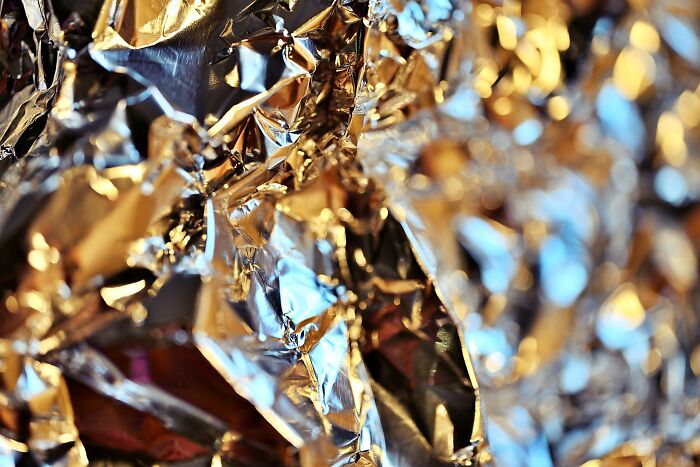 Aluminum is infinitely recyclable and one of the worlds most recycled metal
Aluminum is infinitely recyclable and one of the worlds most recycled metal
 Mail is still delivered via donkey to a place at the bottom of the Grand Canyon.
Mail is still delivered via donkey to a place at the bottom of the Grand Canyon.
 The double-slit experiment in quantum physics, where you're firing electrons at a barrier with two slits. Logic suggests you should see two lines on a screen behind the barrier, but instead, you get a pattern like waves interfering with each other, implying each electron goes through both slits simultaneously.
Yet, if you observe which slit they go through, the electrons revert to acting like particles, forming only two lines, as if they 'know' they're being watched. It's a mind-bending phenomenon that sounds illogical but is scientifically proven.
The double-slit experiment in quantum physics, where you're firing electrons at a barrier with two slits. Logic suggests you should see two lines on a screen behind the barrier, but instead, you get a pattern like waves interfering with each other, implying each electron goes through both slits simultaneously.
Yet, if you observe which slit they go through, the electrons revert to acting like particles, forming only two lines, as if they 'know' they're being watched. It's a mind-bending phenomenon that sounds illogical but is scientifically proven.
I tried to get a gist of quantum physics because of a book I was writing. It's the most bonkers thing imaginable. Infinite respect for people who study it in-depth.
 Sharks existed before Saturn’s rings did.
Sharks existed before Saturn’s rings did.
Each year, the number of people killed by sharks averages only a few dozen more than the number of people killed by Saturn's rings.
 You hear your own voice differently than others, that's why a lot of people get shocked when they listen to their own recordings.
You hear your own voice differently than others, that's why a lot of people get shocked when they listen to their own recordings.
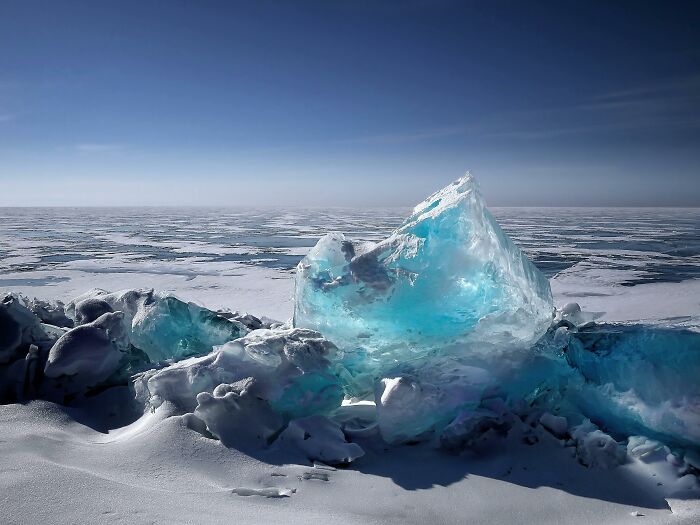 Water expands when frozen but almost everything else contracts when frozen
Water expands when frozen but almost everything else contracts when frozen
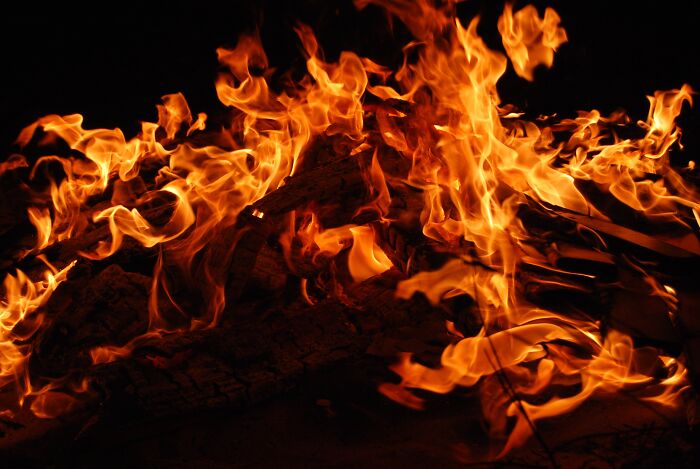 Inflammable means flammable
Inflammable means flammable
People also ask What is difference between flammable and inflammable? Flammable and inflammable do not mean the same thing. If something is flammable it means it can be set fire to, such as a piece of wood. However, inflammable means that a substance is capabble of bursting into flames without the need for any ignition.
 There is a nerve that connects your brain to your larynx (voice box), but first it goes down your neck, into your chest, and under your aorta before coming back up.
Giraffes also have it despite the length of their necks.
There is a nerve that connects your brain to your larynx (voice box), but first it goes down your neck, into your chest, and under your aorta before coming back up.
Giraffes also have it despite the length of their necks.
 The US Army tried a "Camel Corps" in the Southwest, in the early 19th century, mostly as pack animals or using for mail service, as far West as southern California; when the Civil War interrupted their experiment, they sold the camels off, but some escaped. As a result there were feral camels at one point in the Angeles National Forest.
The US Army tried a "Camel Corps" in the Southwest, in the early 19th century, mostly as pack animals or using for mail service, as far West as southern California; when the Civil War interrupted their experiment, they sold the camels off, but some escaped. As a result there were feral camels at one point in the Angeles National Forest.
I heard they tried to breed to ensure their survival, but they just couldn't get over the hump.
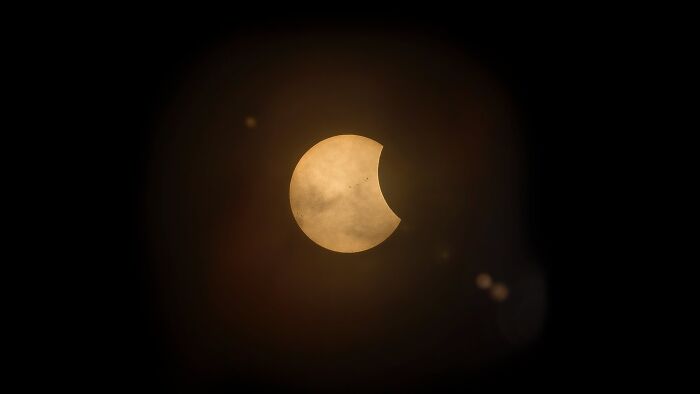 Both the moon and Sun are about 400 times farther from Earth than the sizes of their respective diameters. This means that the moon will block out, or “eclipse,” anything behind it that has the same ratio. This is the “cosmic coincidence” that makes solar eclipses possible.
Both the moon and Sun are about 400 times farther from Earth than the sizes of their respective diameters. This means that the moon will block out, or “eclipse,” anything behind it that has the same ratio. This is the “cosmic coincidence” that makes solar eclipses possible.
Luna used to orbit a lot closer. It is gradually moving away from us. Eventually the eclipses will not be total. Not in our time, however.
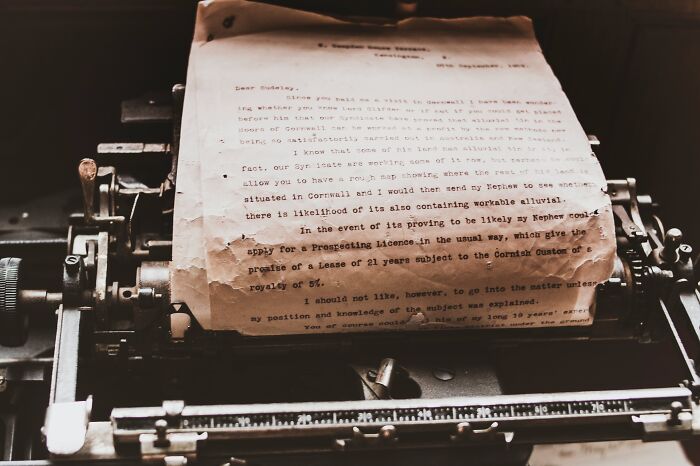 Spaces between words weren’t introduced until the 7th to 9th centuries, with more widespread adoption occurring in the 10th century.
Spaces between words weren’t introduced until the 7th to 9th centuries, with more widespread adoption occurring in the 10th century.
 It took decades after the invention of the can to invent the can opener.
It took decades after the invention of the can to invent the can opener.
The first cans were made of wrought iron (like fences) and lined with tin. The suggested method of opening (according to the manufacturer) was a hammer and chisel.
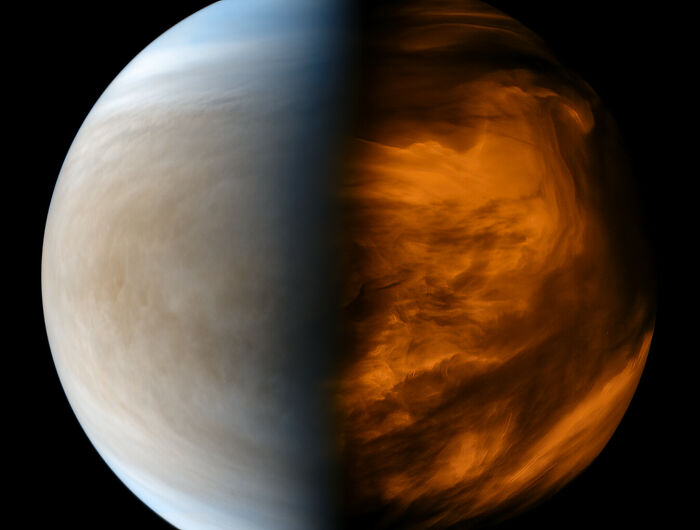 One day on Venus is longer than one year on Venus.
One day on Venus is longer than one year on Venus.
To be specific, one day on Venus lasts 243 Earth days, while one year on Venus takes only about 225 Earth days. Meaning it travels around the sun faster than it rotates on its own axis.
 We live closer in time to the reign of Cleopatra than she did to the building of the pyramids.
We live closer in time to the reign of Cleopatra than she did to the building of the pyramids.
Cleopatra ruled Egypt at the very end of true Egyptian history. After the time of Alexander the great. She was Macedonian Greek by heritage.
 If you have 23 people together in a room there is a 50% chance that 2 of them share a birthday (same day and month, not necessarily the same year).
If you have 23 people together in a room there is a 50% chance that 2 of them share a birthday (same day and month, not necessarily the same year).
There is a 100% chance that while you're busy doing statistics, someone eats your cake.
 Hmm, did you know that technically speaking, a strawberry isn't a berry, but a banana is? Sounds weird, but it's true!
Hmm, did you know that technically speaking, a strawberry isn't a berry, but a banana is? Sounds weird, but it's true!
And a peanut is not a nut. (Edited. Thank you Impasta) And Stonehenge is not a henge. Meanings of words change over time, more so than names.
 If your mayonnaise is too thin add more oil to thicken it. Emulsions are weird.
If your mayonnaise is too thin add more oil to thicken it. Emulsions are weird.
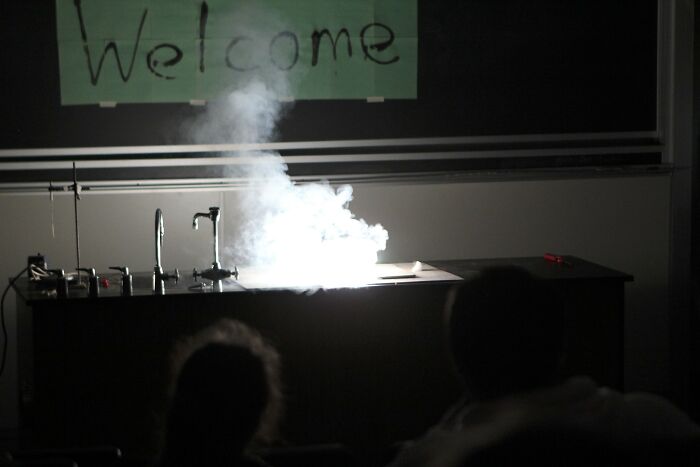 When magnesium is burned, the ashes weigh more than the magnesium.
When magnesium is burned, the ashes weigh more than the magnesium.
Because you're adding Oxygen. The ash is Magnesium Oxide. But some mass will be lost as smoke so will only work in a closed environment.
 The western end of the Panama Canal is the Atlantic Ocean and the eastern end is the Pacific Ocean.
The western end of the Panama Canal is the Atlantic Ocean and the eastern end is the Pacific Ocean.
 That 1,000,000 (one million) seconds is ~11.6 days, and 1,000,000,000 (one billion) seconds is ~31.7 years.
That 1,000,000 (one million) seconds is ~11.6 days, and 1,000,000,000 (one billion) seconds is ~31.7 years.
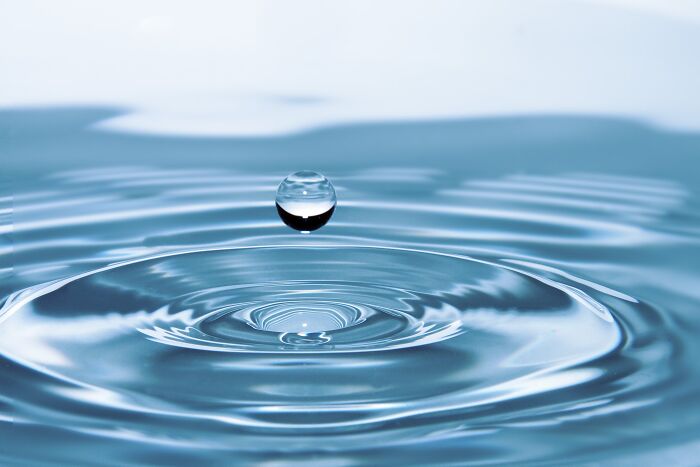 There are more hydrogen atoms in a single water molecule than there are stars in the entire solar system.
There are more hydrogen atoms in a single water molecule than there are stars in the entire solar system.
 "Buffalo buffalo buffalo Buffalo buffalo" is a complete, grammatically correct sentence in the English language.
"Buffalo buffalo buffalo Buffalo buffalo" is a complete, grammatically correct sentence in the English language.
For those seeing clarification; https://en.m.wikipedia.org/wiki/Buffalo_buffalo_Buffalo_buffalo_buffalo_buffalo_Buffalo_buffalo#:~:text=%22Buffalo%20buffalo%20Buffalo%20buffalo%20buffalo,linguistic%20constructs%20through%20lexical%20ambiguity.
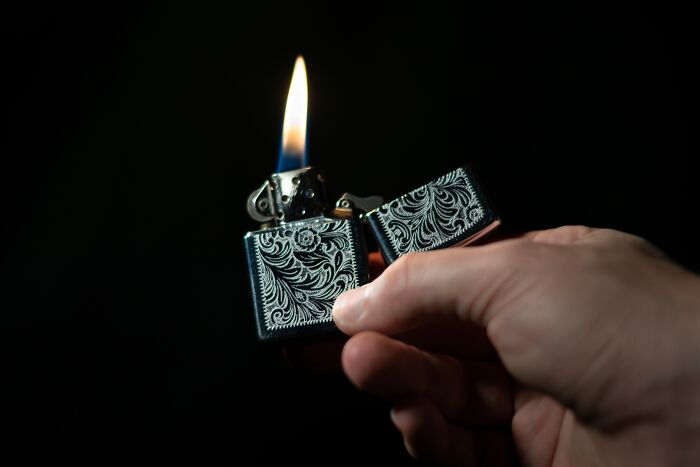 Hmm, did you know that lighters were invented before matches? Sounds kinda weird, right?
Hmm, did you know that lighters were invented before matches? Sounds kinda weird, right?
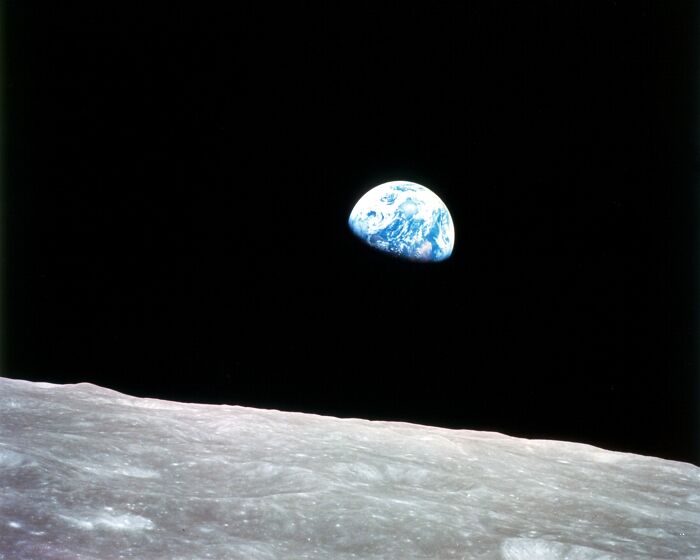 If you somehow managed to fold one piece of paper 42 times, its thickness will actually be equal to the distance between the Earth and the Moon.
If you somehow managed to fold one piece of paper 42 times, its thickness will actually be equal to the distance between the Earth and the Moon.
Come on guys, maybe try the maths at least before calling this BS... Common paper thickness is ~0.09 mm. Fold it once, it's now 0.09 x 2 = 0.18 mm. Fold it a 2nd time, 0.09 x 2² = 0.36 mm. Fold it a 3rd time, 0.09 x 2³ = 0.72 mm. etc. Fold it 42 times, 0.09 x 2⁴² = 395,824,185,999.36 mm = 395,824 km. Earth-Moon distance is on average ~384,400 km.
 Babies will sleep in longer if you put them to bed earlier
Babies will sleep in longer if you put them to bed earlier
My experience shows that babies will do whatever they flipping please regardless of what science seems to think
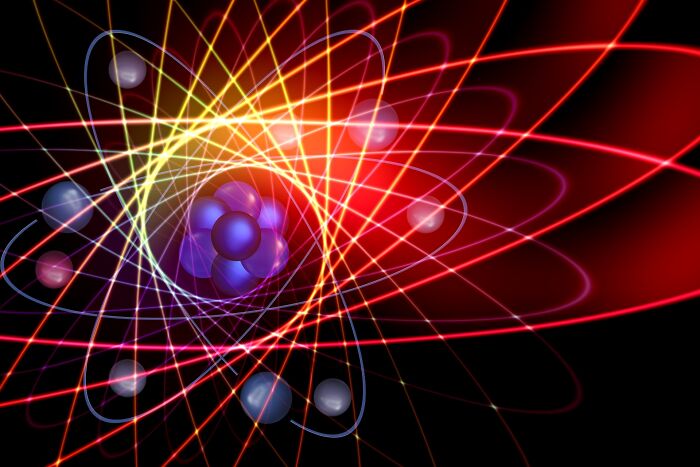 You can’t know both what the exact position and the exact momentum of a quantum particle will be.
You can’t know both what the exact position and the exact momentum of a quantum particle will be.
This is Heisenberg's uncertainty principle - almost. It's actually the speed, not momentum (although they are related). In order to measure its velocity, one has to know its position; but to measure its position more accurately, the less accurately one knows its velocity.
Enjoy the entertainment, but PLEASE don't think people who post on here know what they are talking about, and don't bother trusting the comments. Use a dictionary or an encyclopedia that has actually been peer reviewed and published. Thank-you, rant over
I also think like you, we just need to watch, know and find out the information for ourselves.
Load More Replies...This post, as so many other here, can be described at the best as mildly interesting. I can go on with my life without knowing them. Some, I saw here many, many times. Boooring.
100% incorrect. People also ask What is difference between flammable and inflammable? Flammable and inflammable do not mean the same thing. If something is flammable it means it can be set fire to, such as a piece of wood. However, inflammable means that a substance is capabble of bursting into flames without the need for any ignition.
The first definition in the Merriam-Webster dictionary for "inflammable" is simply "flammable". (The only other definition is metaphorical, so no help there.) Both OSHA and the NFPA seem to use "flammable" exclusively: never "inflammable". They do make a distinction between "flammable" and "combustible", though; the latter have higher flashpoints than the former, which could be seen as needing external ignition, from a certain point of view. Is this what you're thinking of? (I chose OSHA and the NFPA as likely sources of technical definitions; if you have a different one, I'd be interested in knowing about it.)
Load More Replies...Enjoy the entertainment, but PLEASE don't think people who post on here know what they are talking about, and don't bother trusting the comments. Use a dictionary or an encyclopedia that has actually been peer reviewed and published. Thank-you, rant over
I also think like you, we just need to watch, know and find out the information for ourselves.
Load More Replies...This post, as so many other here, can be described at the best as mildly interesting. I can go on with my life without knowing them. Some, I saw here many, many times. Boooring.
100% incorrect. People also ask What is difference between flammable and inflammable? Flammable and inflammable do not mean the same thing. If something is flammable it means it can be set fire to, such as a piece of wood. However, inflammable means that a substance is capabble of bursting into flames without the need for any ignition.
The first definition in the Merriam-Webster dictionary for "inflammable" is simply "flammable". (The only other definition is metaphorical, so no help there.) Both OSHA and the NFPA seem to use "flammable" exclusively: never "inflammable". They do make a distinction between "flammable" and "combustible", though; the latter have higher flashpoints than the former, which could be seen as needing external ignition, from a certain point of view. Is this what you're thinking of? (I chose OSHA and the NFPA as likely sources of technical definitions; if you have a different one, I'd be interested in knowing about it.)
Load More Replies...
 Dark Mode
Dark Mode 

 No fees, cancel anytime
No fees, cancel anytime 



















































